Episodes
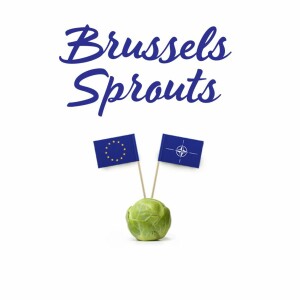
Friday Jan 17, 2020
Friday Jan 17, 2020
Rose Gottemoeller, former Deputy Secretary General of NATO, joins Andrea Kendall-Taylor and Jim Townsend to discuss the the state of the Alliance, arms control, and the challenges of a new decade.
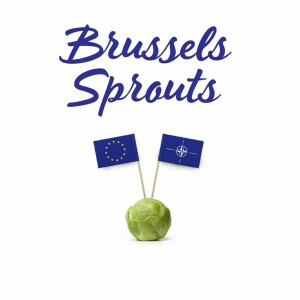
Friday Jan 10, 2020
Friday Jan 10, 2020
Vladimir Milov, Russian politician and former Visiting Scholar with the Carnegie Endowment, joins Andrea Kendall-Taylor and Jim Townsend to discuss Russian opposition politics, the 2020 elections, and the prospects for change in Russia.
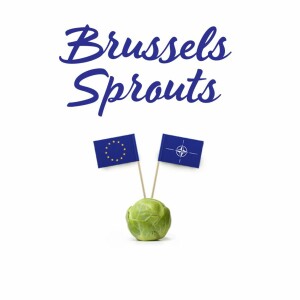
Friday Dec 20, 2019
Friday Dec 20, 2019
Kathleen McInnis, International Security Analyst for the Congressional Research Service, joins Carisa Nietsche and Jim Townsend to discuss her book, “The Heart of War: Misadventures at the Pentagon.”
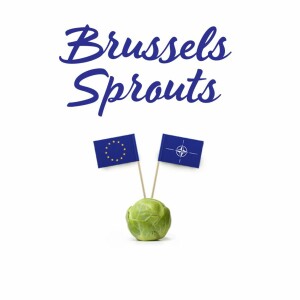
Friday Dec 13, 2019
Friday Dec 13, 2019
Matti Anttonen, State Secretary of Finland's Ministry of Foreign Affairs, joins Andrea Kendall-Taylor and Jim Townsend for a conversation about Arctic security, Finland’s foreign policy, and European Union enlargement.
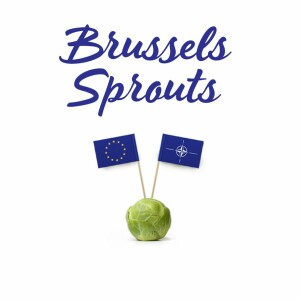
Friday Dec 06, 2019
Friday Dec 06, 2019
Celeste Wallander, President and CEO of the U.S. Russia Foundation, joins Andrea Kendall-Taylor and Jim Townsend to discuss Russian operations in Ukraine and the U.S. response.
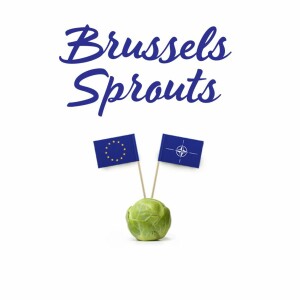
Monday Dec 02, 2019
Monday Dec 02, 2019
Jim Goldgeier, Professor of International Relations at American University, and Josh Shifrinson, Professor of International Relations at Boston University, join Andrea Kendall-Taylor and Jim Townsend to discuss NATO expansion, U.S.-Russia relations, and the upcoming NATO Summit.

Friday Nov 22, 2019
Friday Nov 22, 2019
In a period of such rapid global change, how does the Kremlin view China? Dmitri Trenin, Director of the Carnegie Moscow Center, joins Andrea Kendall-Taylor to discuss Russian foreign policy, the country's cooperation with China, and more.
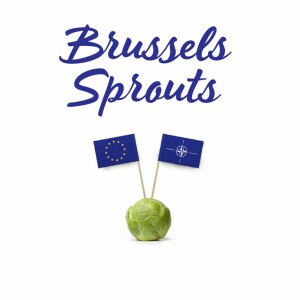
Friday Nov 08, 2019
Friday Nov 08, 2019
Ambassador Dan Fried, Weiser Family Distinguished Fellow at the Atlantic Council, joins Dr. Andrea Kendall-Taylor and Jim Townsend to discuss the state of European and American democracy 30 years after the fall of the Berlin Wall. Reflecting on that critical juncture in history, this episode explains how 1989 shapes U.S. policy today, discusses the role of NATO expansion in U.S.-Russia relations today, and gives us a reason to be hopeful about the future of democracy in the United States and Europe.
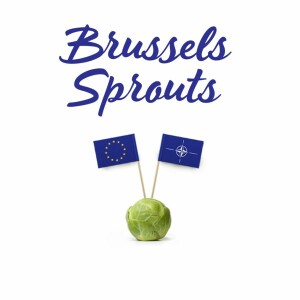
Friday Nov 01, 2019
Friday Nov 01, 2019
Audun Halvorsen, State Secretary in the Norwegian Ministry of Foreign Affairs, joins Dr. Andrea Kendall-Taylor and Jim Townsend to discuss Norwegian foreign policy, what the Arctic means to Norway, and the state of its relationship with NATO and the United States. As the High North opens up due to climate change and increased development, Norway will play a key role in the navigability, stability, and economic future of the Arctic region.

Friday Oct 25, 2019
Friday Oct 25, 2019
Julie Smith, Director of the Asia Program at The German Marshall Fund, joins Dr. Andrea Kendall-Taylor and Jim Townsend to recap her year as the Weizsäcker Fellow at the Robert Bosch Academy in Berlin. Smith explains the state of German politics, foreign policy, and perceptions of the transatlantic relationship in Europe.


